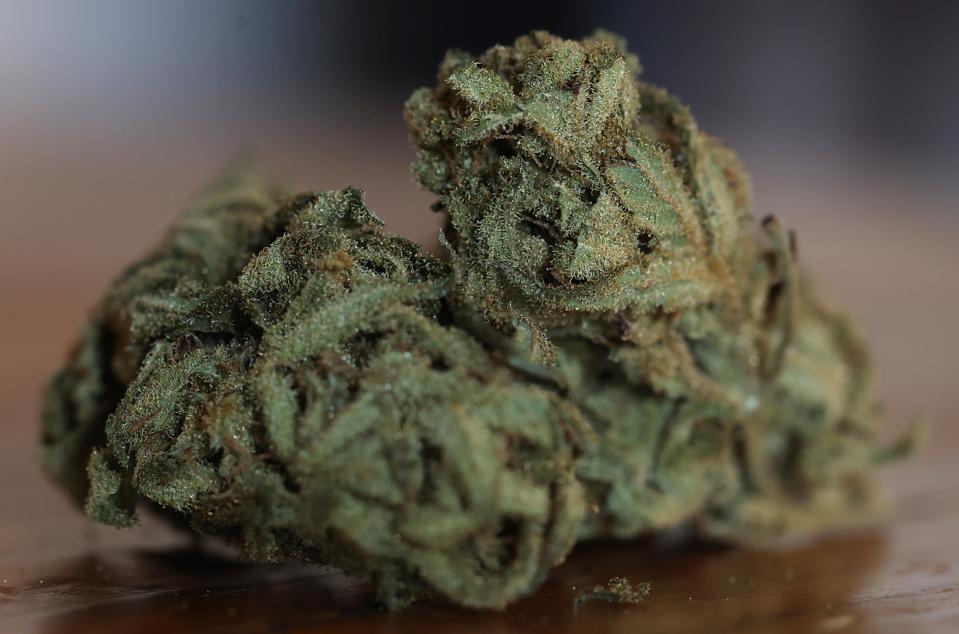Cannabis ETFs rocketed higher Tuesday on news that the U.S. Drug Enforcement Administration (DEA) plans to reclassify marijuana as a less dangerous drug under federal law, according to reports from the Associated Press. This drug policy change could have wide-ranging effects across the country
Amplify Alternative Harvest ETF (MJ) soared 26.1%, or $1.00, to $4.83. This index fund is the first U.S. ETF to target the global cannabis industry.
Amplify Seymour Cannabis ETF (CNBS) surged 25.4%, or $1.30, to $6.43. In this active fund, 80% of the portfolio’s companies derive 50% or more of their revenue from the cannabis and hemp ecosystem.
AdvisorShares Pure US Cannabis ETF (MSOS) – the largest cannabis ETF with $1.09 billion in assets – leapt 24.8%, or $2.24, to $11.26. This is the first actively managed U.S.-listed ETF dedicated solely to U.S. cannabis exposure, unlike many of the others which hold companies from around the world.
Amplify U.S. Alternative Harvest ETF (MJUS) climbed 22.1%, or 44 cents, to $2.41. MJUS is MJ’s brother and differs in that it’s an actively managed ETF that primarily invests in U.S. companies engaged in the U.S. cannabis business.
AdvisorShares Pure Cannabis ETF (YOLO) jumped 20%, or 76 cents, $4.55. YOLO is the first actively managed ETF with cannabis exposure available in the U.S. At least 80% of its net assets are invested a global portfolio of companies that derive at least 50% of their net revenue from the cannabis industry.
Cambria Cannabis ETF (TOKE) – rose 12.9%, or 77 cents, to $6.76. This active fund holds a global, all-cap portfolio with exposure to the broad cannabis industry, holding between 20 to 50 of the top cannabis companies around the world. Prior to Tuesday, cannabis stocks have not done well, but TOKE had the best performance among cannabis ETFs, with a three-year return of negative 30.2%, according to VettaFi. It also has the lowest expense ratio among these ETFs at 0.42%.
The DEA’s biggest potential policy change in more than 50 years isn’t a done deal. It still needs approval from the White House Office of Management and Budget. The proposal would reclassify cannabis by removing it from Schedule I of the Controlled Substances Act, which carries high penalties, to the less severe Schedule III, which is for drugs with significant medical use.
Schedule I pertains to drugs with no currently accepted medical use and a high potential for abuse, such as heroin, LSD, ecstasy, and peyote. Schedule III drugs include codeine, ketamine, anabolic steroids, and testosterone. However, the proposal would not legalize marijuana for recreational use. If the proposal gains approval, it would enter a period for the public to comment on it.
The DEA’s move is a response to President Biden asking federal agencies in October 2022 to re-evaluate the cannabis classification.

